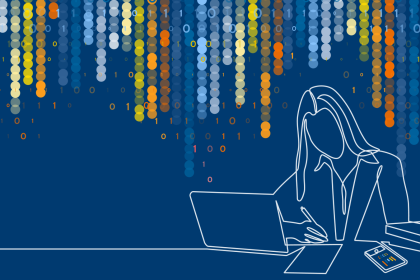There’s an undeniable exhilaration in the tech universe that comes from acquiring a new laptop, powering it up for the first time, customizing it to your liking, and then relishing its ultra-fast performance. Each application operates flawlessly, and no chore requires more than a moment.
However, fast-forward a few years and the situation takes a drastic turn. Every single task becomes a struggle. Your computer operates at a glacial pace. Applications frequently freeze midway. You often find yourself forced to terminate tasks, sacrificing work to break free and regain momentum. This is, unquestionably, the most unpalatable aspect of our reliance on technology. So, what exactly causes this?
Cluttered Hard Drive
Before rushing your computer to a service like ComputerCare, perplexed by its sudden transformation into a digital sloth, it’s worth examining the number of applications installed on your device. Each application consumes a portion of your hard drive’s space, so with every new addition, there’s less room left for your computer to execute other operations. By accessing the list of installed applications on your computer and meticulously evaluating what’s necessary and what’s not, you can free up a significant amount of space on your hard drive, facilitating smoother operation.
Inadequate RAM
When an application is in active use on your computer, it’s persistently writing data to your random access memory (RAM) for immediate and effortless access. However, certain applications might overburden your device’s memory capacity, particularly if the application is recent and the computer isn’t. When the RAM of the computer lacks sufficient storage, the application begins to directly interact with the hard drive, trying to store data there. This overworks the hard drive, accelerating its wear and tear and reallocating it for rapid access, a function it isn’t designed for. If you take your device to a computer repair service for inspection, before presuming the issue lies with your hard drive, it might be worthwhile to ask if your device is simply short on RAM.
Aging Affects Computers Too
In the final analysis, if you’re left wondering, ‘Why is my computer slow,’ the reason could simply be aging. This is somewhat less relevant for Solid State Drives (SSD), which lack moving parts, but for computers equipped with Hard Drive Discs (HDD), the ceaseless rotation of components inevitably results in some wear and tear. Due to their age and constant use, the physical components don’t function as efficiently, hence the slowdown.
However, it’s often possible to significantly prolong a device’s lifespan by replacing the hard drive with a larger HDD or an SSD. If you’re worried about your computer’s sluggishness and would like to consult with professionals, initiate a service request at ComputerCare. We can discuss the most suitable options to enhance your current device’s lifespan, or if necessary, upgrade to a device that better serves your requirements.






